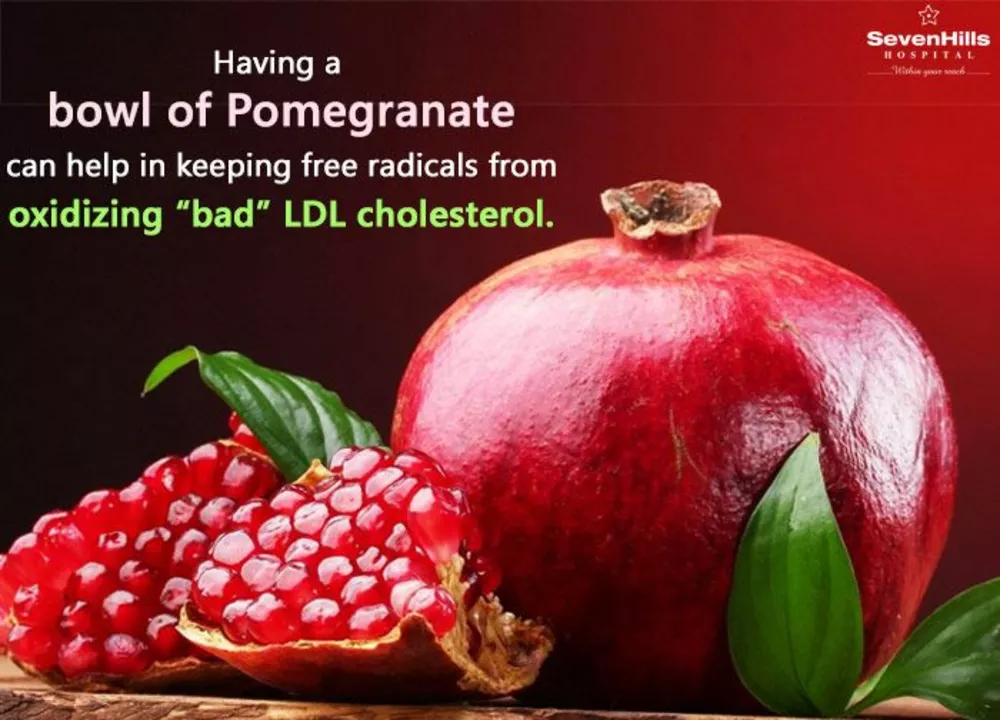Pomegranate: Benefits, How to Use It, and Safety Tips
Pomegranate is more than a pretty fruit. A small handful of the seeds (arils) gives you vitamin C, fiber, potassium and concentrated antioxidants called punicalagins. People eat it for heart support, inflammation control, and a flavorful boost to everyday meals. Below you’ll find clear, practical tips on picking, prepping, using, and staying safe with pomegranate.
What it helps with and how it works
Research shows pomegranate components have antioxidant and anti-inflammatory effects. Short clinical trials report modest drops in blood pressure and improvements in LDL cholesterol after regular juice or extract use. The fiber in whole arils helps digestion and keeps you fuller. Some lab and early human studies suggest pomegranate compounds can slow cellular damage, but that doesn’t mean it’s a cure for disease—think of it as a useful food that supports health, not a medicine that replaces one.
Most people benefit more from the whole seeds than from plain juice. The seeds add fiber and slow sugar absorption, while juice delivers a concentrated dose of antioxidants but also more sugar and calories.
How to pick, open, store, and use pomegranate
Pick: choose fruit that feels heavy for its size and has firm, unbroken skin. Color varies by variety, so don’t judge ripeness by redness alone. Slight skin cracks don’t always mean spoilage but avoid large soft spots.
Open: score the skin around the equator, pull it apart into sections, and tap the back of each section with a spoon over a bowl to release arils. If you want less mess, cut and open the fruit under water—seeds sink, pith floats.
Store: whole pomegranates keep 1–2 weeks in the fridge. Shelled arils last 4–6 days in a sealed container. Freeze arils on a tray, then transfer to a bag for up to a year.
Use ideas: sprinkle arils on salads, oatmeal, yogurt, grain bowls, or roasted vegetables. Mix juice into dressings, marinades, or smoothies. Add a spoon of seeds to plain cottage cheese or use them in baked goods for a tart pop.
Supplements and extracts: these exist, but potency and purity vary. Follow label directions and talk to a pharmacist if you’re on prescription meds.
Safety tips and drug interactions
Pomegranate is safe for most people, but it can affect how some drugs are processed. Compounds in pomegranate may influence liver enzymes (like CYP3A4 and CYP2C9), which can change blood levels of drugs such as certain blood thinners, statins, or blood pressure medicines. There are rare reports of pomegranate juice changing INR in people on warfarin. If you take anticoagulants, statins, blood pressure or diabetes drugs, check with your clinician before adding large amounts of juice or taking supplements.
Also remember: juice has sugar. If you have diabetes, prefer whole arils and watch portions. No set daily dose exists—start with a small serving (a handful of arils) and see how you feel. When in doubt, ask your doctor or pharmacist for personalized advice.
Try pomegranate as a simple, tasty way to boost meals and your antioxidant intake—just keep an eye on portions and interactions if you’re on medication.

Pomegranate: The Ancient Fruit Turned Modern Dietary Supplement Superstar
I recently came across the fascinating history of pomegranates, an ancient fruit that's now making waves as a modern dietary supplement superstar. Packed with antioxidants and other health benefits, pomegranates have been revered for centuries for their medicinal properties. Nowadays, they're used in various forms like supplements, juices, and even skincare products. I'm amazed at how this age-old fruit has seamlessly adapted to our modern world, still providing us with essential nutrients and promoting overall wellness. It's incredible how nature continues to offer us effective and natural ways to stay healthy and vibrant!
Read More




